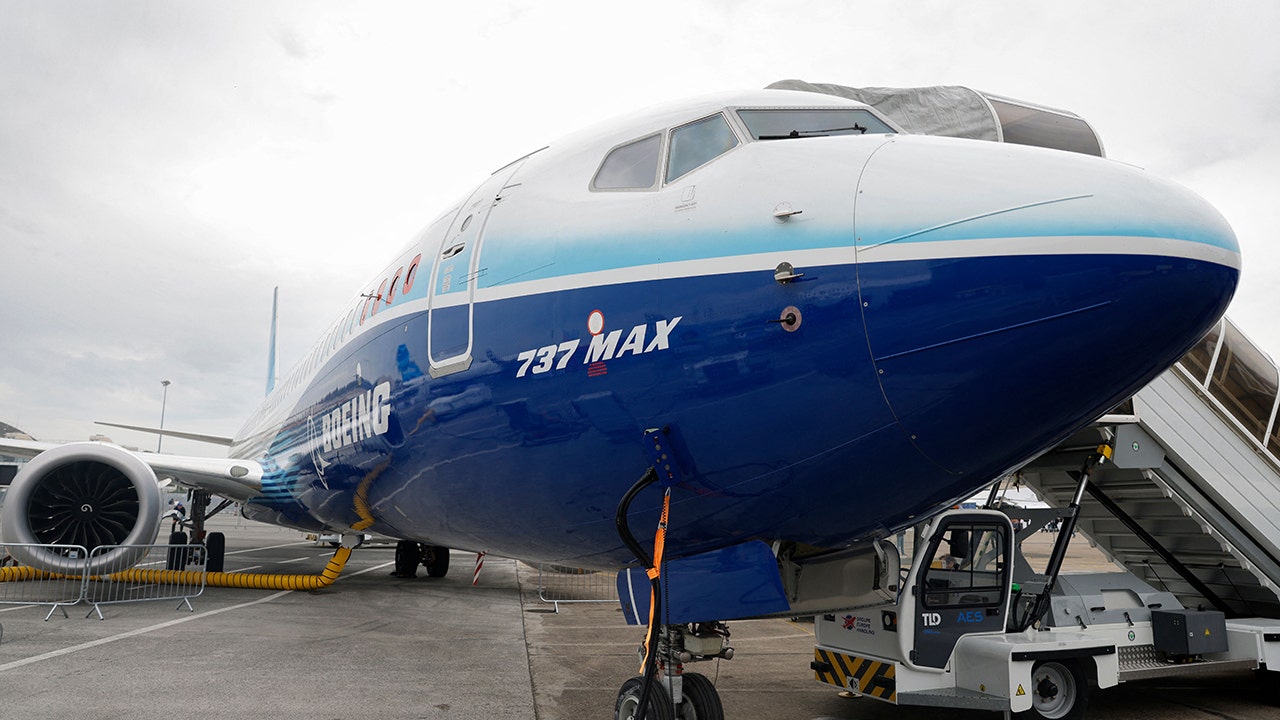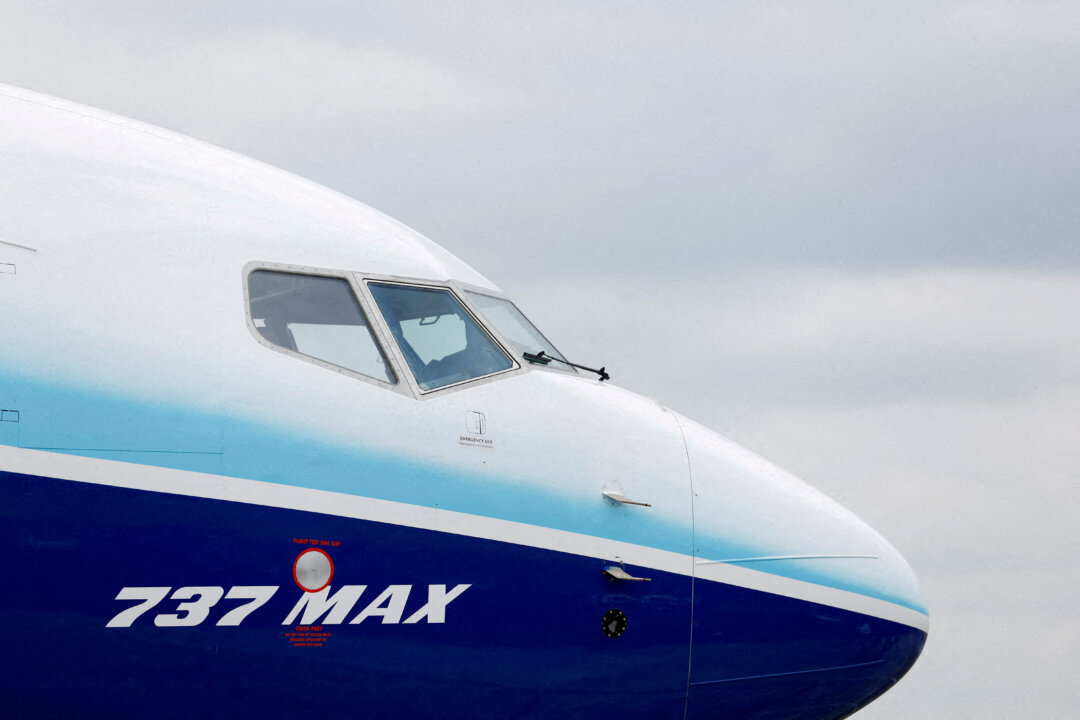US Justice Department Moves to Dismiss Criminal Charges Against Boeing Over 737 MAX Crashes
The DOJ seeks to dismiss fraud charges against Boeing, allowing the company to avoid trial linked to two deadly crashes, while families of victims plan to object.
Subscribe to unlock this story
We really don't like cutting you off, but you've reached your monthly limit. At just $5/month, subscriptions are how we keep this project going. Start your free 7-day trial today!
Get StartedHave an account? Sign in
Overview
The U.S. Justice Department has filed a motion to dismiss criminal fraud charges against Boeing related to the 737 MAX crashes that killed 346 people. In exchange, Boeing will pay over $1.1 billion, including $445 million for victims' families. The decision has faced backlash from families seeking accountability, as they plan to object to the non-prosecution agreement. Boeing was previously charged with misleading regulators about the aircraft's safety features, leading to the crashes. The case's dismissal hinges on a judge's approval of the agreement.
Report issue

Read both sides in 5 minutes each day
Analysis
- The articles report on the DOJ's decision to dismiss charges against Boeing related to the 737 Max crashes.
- Victims' families express dissatisfaction with the legal outcomes, highlighting ongoing tensions surrounding the case.
- The coverage maintains a neutral tone, focusing on legal facts rather than emotional narratives.
Articles (4)
Center (2)
FAQ
The Justice Department decided to dismiss criminal fraud charges after reaching an agreement in principle with Boeing, which requires the company to pay and invest over $1.1 billion, with $445 million allocated for victims' families. The DOJ stated this resolution holds Boeing financially accountable, provides compensation, and aims to improve future air travel safety[1].
Many relatives of those killed in the crashes object to the settlement because they believe Boeing should face a public trial and be held accountable to the flying public, rather than just paying fines. They have pushed for prosecution of former company officials and more severe financial punishment[1].
Boeing was charged with conspiracy to defraud the U.S. government by allegedly misleading regulators about the safety features of the 737 MAX aircraft before two crashes that killed 346 people[2].
The dismissal of the case is contingent upon a judge's approval of the agreement. If the judge does not approve the deal, the legal process may continue toward a trial[1].
In a prior settlement, Boeing agreed to pay over $2.5 billion, which included a $243.6 million criminal monetary penalty and compensation payments[2].
History
- This story does not have any previous versions.



